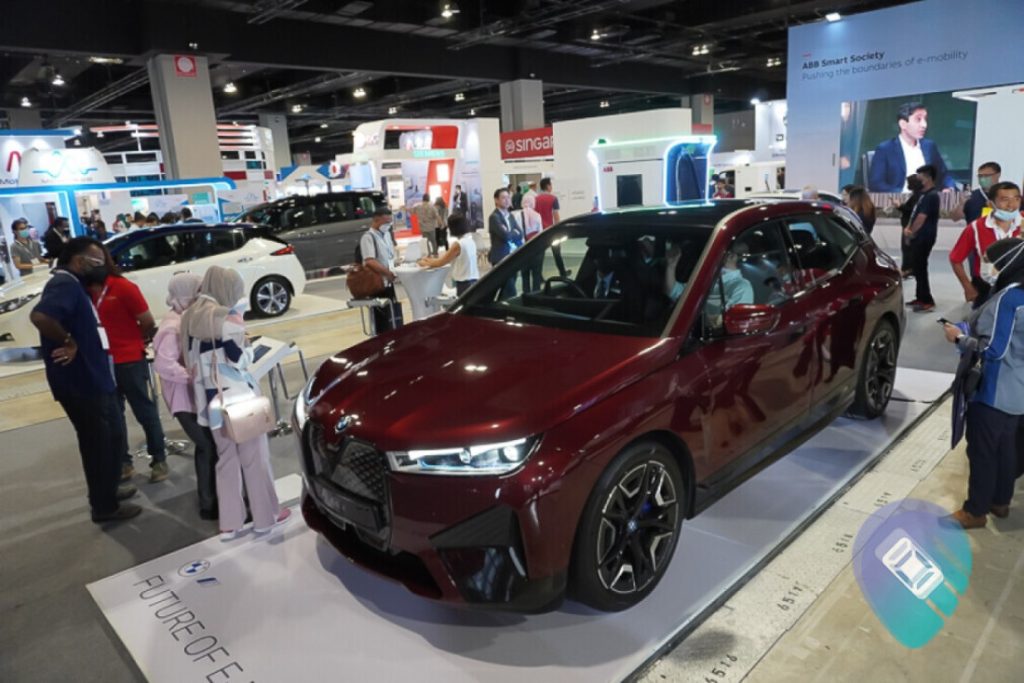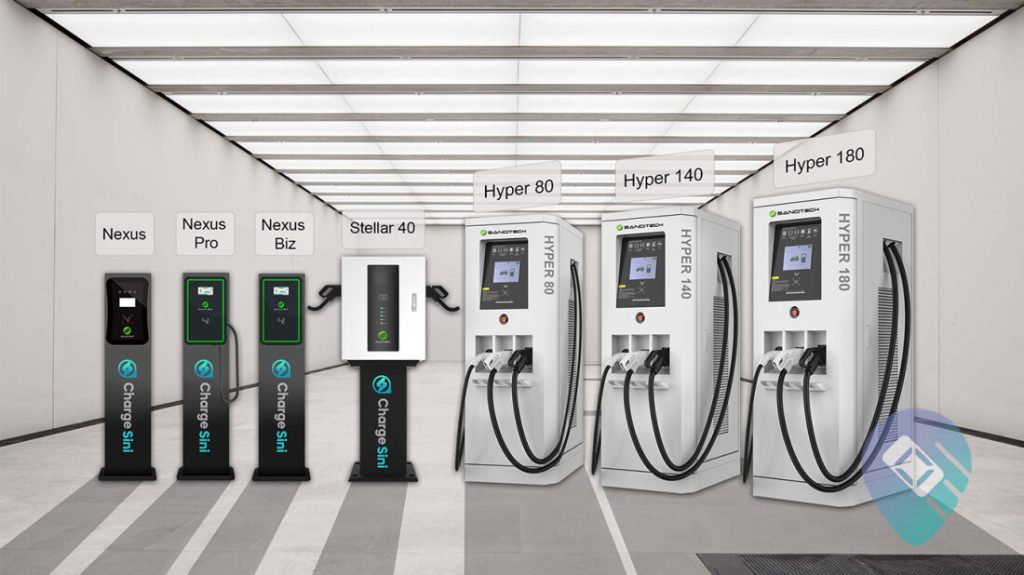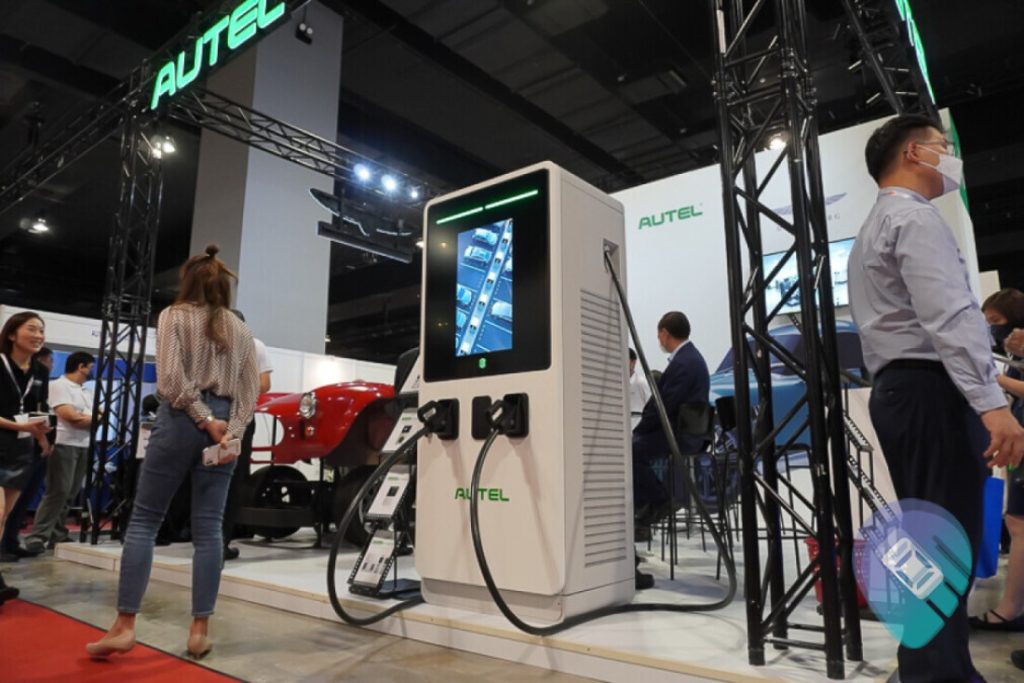TNB plans to invest RM 90 million for DC fast chargers, with 70 units more by 2024
Home > Blog > Blog Details

Tenaga Nasional Berhad (TNB) announces its plan to invest a sizable RM 90 million to build a DC quick charging network as part of TNB Power Transition Plan.
Other key initiatives being introduced include investments to reduce carbon output, increase competencies in the renewable vitality sector, and future-proof the national grid.
The DC fast chargers will be installed alongside Malaysia’s highways, primarily to alleviate range anxiety amongst EV car buyers.
Another initiative entails TNB to collaborate with third-party vendors on platform integration, specifically software and app integration for the local EV supply chain. Through these platforms, it will assist EV chargers in tracking and booking available chargers preceding arrival.
TNB’s Head of Regulatory and Advocacy, Aishah Daniyal has mentioned during EVM Asia 2022 recently, that the company expects to have added another 70 DC quick chargers by the end of 2024, although the exact location has not been revealed for now.

ChargeSini was also present during the event which apart from retailing a series of charging products – both AC and DC types, the firm also offers installation services for both private homes and mixed-use parking spaces.
Following next, TNB also aims to become one of the key enablers for Malaysia’s entire EV ecosystem and is committed to ensure all its infrastructure is “EV-ready”.
This means apart from EV Chargers, the groundwork requires to be steady and capable of assisting the expansion, especially within the EV charging community.

For example, the electric utility company will provide extra residence chargers, vacation spot chargers resembling malls and lodges along with quick chargers alongside highways on top of maintenance work.
Thanks to Wapcar, The RM 90 million will cover fleet electrification, reskill, and upskill workforce, sponsor EV-related research, foster synergies with key EV sector gamers and construct EV charging infrastructure.




